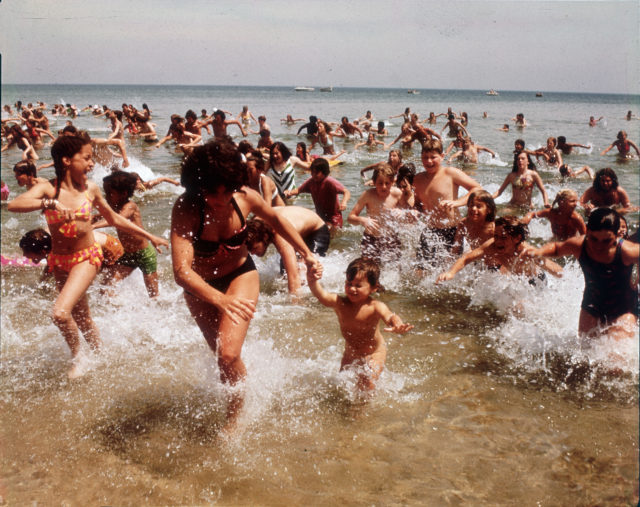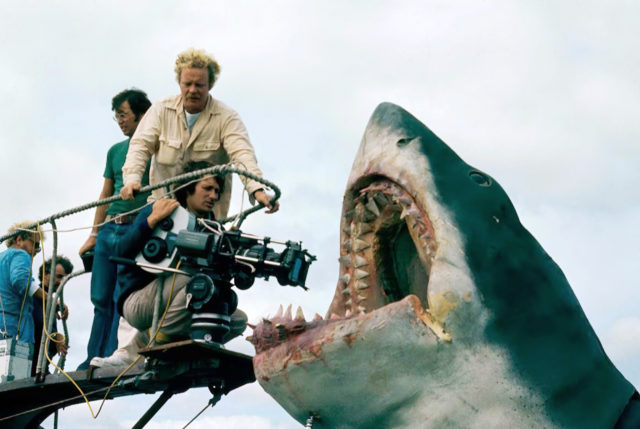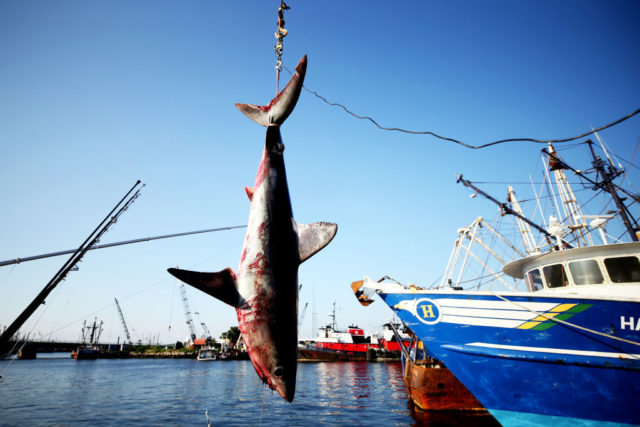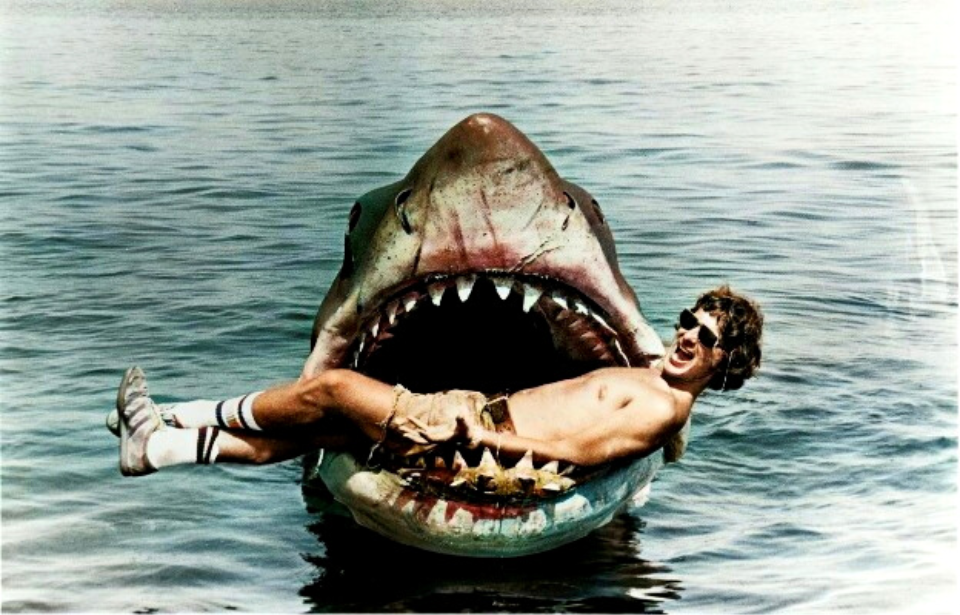The film that launched director Steven Spielberg’s career is also the one he regrets the most. Spielberg recently confessed that he “truly” regrets the environmental impact of his 1975 film Jaws, which triggered a mass fear of sharks.
Jaws created the summer blockbuster sensation
Based on the book by Peter Benchley, Jaws tells the story of a rogue great white shark that terrorizes a local New England community with countless vicious attacks on swimmers. Faced with stopping the spree of shark attacks, an unlikely team consisting of a police chief, marine biologist, and ship captain works together to kill the man-eating shark before it kills them.

Jaws was one of the first movies to be filmed on the ocean, and despite being over budget and past schedule, it was an instant box office hit – bringing in a whopping $476 million in theaters and setting the groundwork for the future of summer blockbusters.
While the Academy Award-winning film is entertaining and action-packed, its portrayal of sharks helped to create a villainized and inaccurate public perception of the underwater predators. In the film, fishermen team up to hunt the killer shark and bring it to justice after the brutal attacks. In real life, similar reactions are common after shark attacks. This leaves countless sharks dead and further damages the fragile marine ecosystem. In fact, sport fishermen set out to catch the biggest shark possible – even if it had never harmed a human.
Spielberg apologizes for Jaws-induced ‘feeding frenzy’ on sharks
“I truly and to this day regret the decimation of the shark population because of the book and the film,” Spielberg shared during a BBC radio interview. “That’s one of the things I still fear. Not to get eaten by a shark, but the sharks are somehow mad at me for the feeding frenzy of crazy sport fishermen that happened after 1975.”

The original author of Jaws, Peter Benchley, also regrets how his book impacted sharks. “Knowing what I know now, I could never write that book today. Sharks don’t target human beings, and they certainly don’t hold grudges,” he explained. These comments came after a 2021 global study found that the world’s population of sharks had fallen by 71 percent between 1970 and 2018.
But Jaws isn’t the only perpetrator. In fact, a study analyzing 109 shark-related films made from 1958 to 2019 found that 96 percent of them purposefully portrayed sharks as overly aggressive and threatening toward humans. One of the study leaders concluded that the damaging representation of sharks in Hollywood “makes people more likely to want potentially lethal mitigation techniques” when sharks get too close to humans.

Spielberg and Benchley’s guilt is valid, but several scientists have said that Jaws was not to blame for the dropping shark population. The main contributing factor to the declining shark population is actually overfishing and poor conservation practices, with many species at risk of extinction.
Large consumer demand for shark fins is driving the overfishing crisis, especially in areas where shark fins are highly prized. Bycatch, or the accidental fishing of other species while fishing for another, is also a problem for sharks who get caught in fishing nets.
Compared to the number of sharks killed by overfishing, the misinformation Jaws spreads and its impact on sharks is relatively insignificant. According to Paul Cox, the chief executive of the Shark Trust, blaming the plummeting shark population on Jaws is “giving the film far too much credit.” He explains that the “cases of shark population decline are very clearly fisheries overfishing.”
More from us: Tom Hanks Gave His Son a Warning Before Making Their First Film Together
It seems that Spielberg is off the hook when it comes to Jaws, but we certainly appreciate his honesty!
